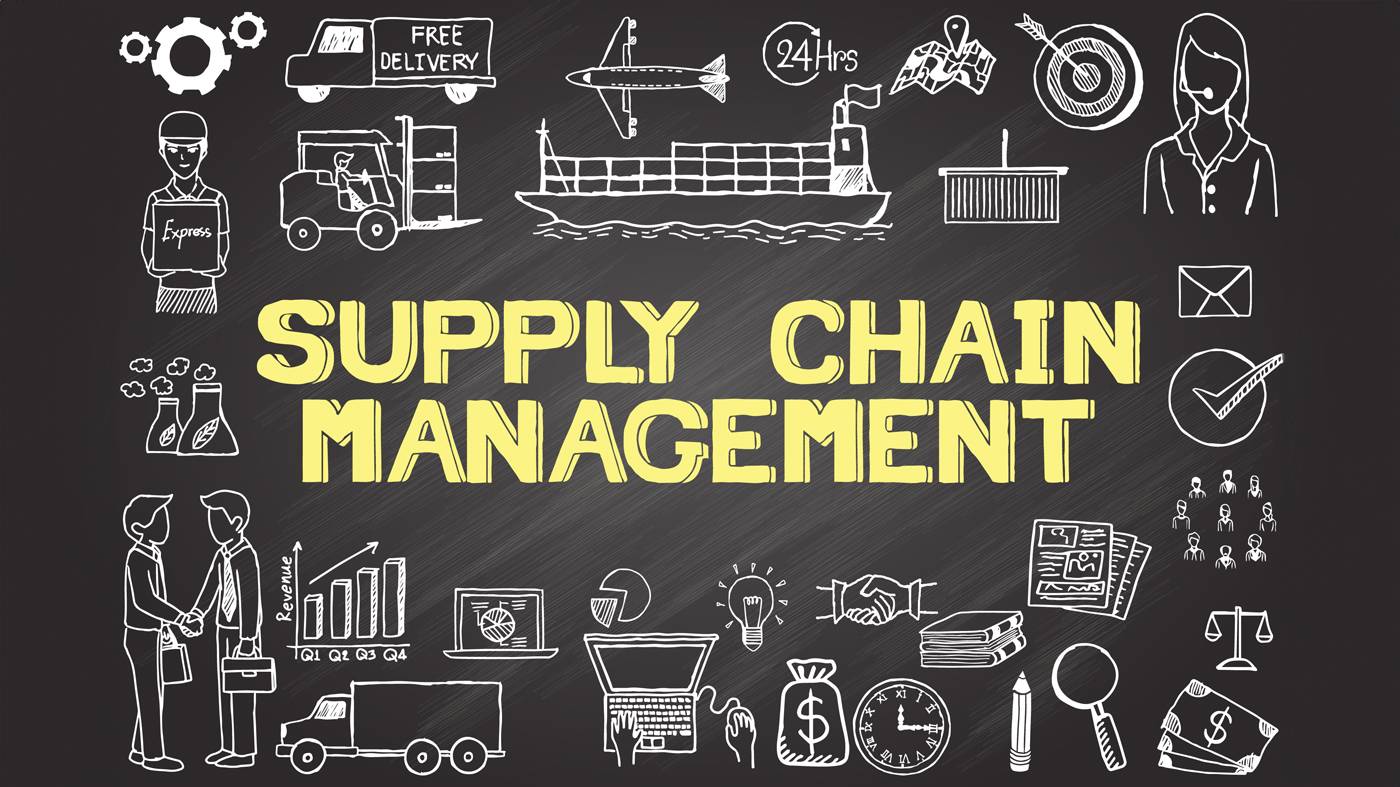Self-Study
Supply Chain Management
Learn how supply chain management systems work, including inventory control, and risk management.

$116.00 – $136.00
Webcasts are available for viewing Monday – Saturday, 8am – 8pm ET.
Without FlexCast, you must start with enough time to finish. (1 Hr/Credit)
Please fill out the form below and we will reach out as soon as possible.
CPE Credits
4 Credits: Production
Course Level
Overview
Format
Self-Study
Course Description
The quality of an organization’s supply chain will drive its overall success. In Supply Chain Management, we cover the components of a supply chain management system, and how it can be configured to enhance overall effectiveness. The topics in this supply chain management course include inventory reduction concepts, risk reduction, supplier ranking systems, quality management, and several related software applications.
Learning Objectives
Upon successful completion of this course, participants will be able to:
- Identify the different levels of supplier.
- Specify the advantages of maintaining a smaller supplier base.
- Describe the issues related to global sourcing.
- Identify how a countertrade agreement works.
- Specify how to develop deeper supplier relations.
- Identify how to run a collaborative negotiation process.
- Recall the characteristics of a lead supplier.
- Specify how the bullwhip effect occurs.
- Describe what is needed to run automatic supplier replenishments.
- Specify the different types of supply chain risk mitigation techniques.
- Recall how customers perceive quality in a product or service.
- Specify the characteristics of kaizen.
- Identify the 14 points for management promulgated by William Edwards Deming.
- Recall which types of waste would be eliminated with a lean practices initiative.
- Recall the contents of a service-level agreement.
- Specify what a supplier performance index tracks.
- Identify the characteristics of the different forms of logistics transport.
- Recall the characteristics of intermodal transportation.
Course Specifics
SS624378305
March 13, 2024
There are no prerequisites.
None
94
Compliance Information
CMA Notice: Western CPE makes every attempt to maintain our CMA CPE library, to ensure a course meets your continuing education requirements please visit Insitute of Management Accountants (IMA)
CFP Notice: Not all courses that qualify for CFP® credit are registered by Western CPE. If a course does not have a CFP registration number in the compliance section, the continuing education will need to be individually reported with the CFP Board. For more information on the reporting process, required documentation, processing fee, etc., contact the CFP Board. CFP Professionals must take each course in it’s entirety, the CFP Board DOES NOT accept partial credits for courses.
Meet The Experts

Steven M. Bragg, CPA, is a full-time book and course author who has written more than 300 business books and courses. He provides Western CPE with self-study courses in the areas of accounting and finance, with an emphasis on the practical application of accounting standards and management techniques. A sampling of his courses include the The New Controller Guidebook, The GAAP Guidebook, Accountants’ Guidebook, and Closing the Books: An Accountant’s Guide. He also manages the Accounting Best Practices podcast. Steven has been the CFO or controller of both public and private companies and has been a consulting manager with Ernst & Young and …
Related Courses
-
 Production
Production
Operations Management
Steven M. Bragg, CPA QAS Self-Study
Credits: 18 $396.00
QAS Self-Study
Credits: 18 $396.00$396.00 – $436.00
-
 Production
Production
Constraint Management
Steven M. Bragg, CPA QAS Self-Study
Credits: 10 $290.00
QAS Self-Study
Credits: 10 $290.00$290.00 – $320.00
-
 Production
Production
Contract Management
Steven M. Bragg, CPA QAS Self-Study
Credits: 6 $174.00
QAS Self-Study
Credits: 6 $174.00$174.00 – $204.00
